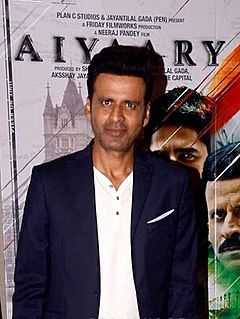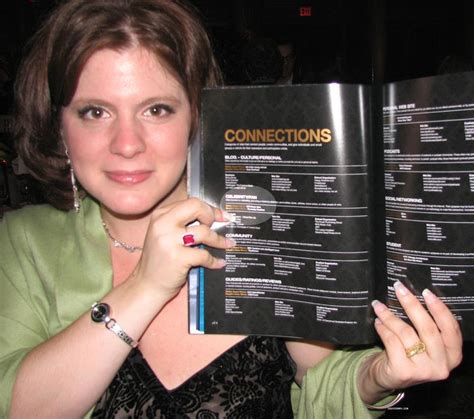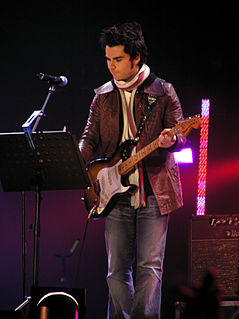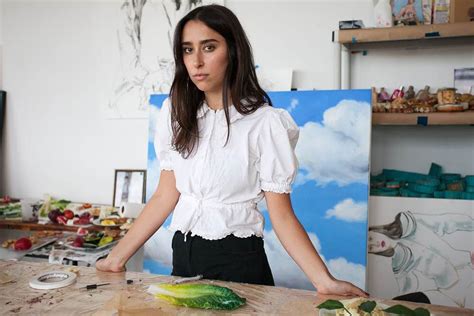A Quote by Manoj Bajpayee
I've accepted loads of criticism and sacrificed so much money to do what I wanted to do - which, in a very small way, contributed to making things easy for my kind of actors.
Related Quotes
We lived in a very modest house. My father drove modest cars, we didn't travel, we didn't do any of the things that, were commensurate with the kind of income that he was making. So we got this kind of, double message, which was, y'know, "You work hard and you make as much money as you possibly can, but you don't spend any money." And you see how well I learned that lesson.
A critique does not consist in saying that things aren't good the way they are. It consists in seeing on just what type of assumptions, of familiar notions, of established and unexamined ways of thinking the accepted practices are based... To do criticism is to make harder those acts which are now too easy.
In one sense, you put a lot of yourself into a small press - it's your personal tastes that are on the line - so when criticism is levelled it can feel personal. But, on the other hand, it can be very welcome and necessary. You're never entirely impervious, and one of the main benefits of being a small operation is that you can change the way you do things quickly in response to criticism. In all instances it pays to have a sense of humour and perspective.
I didn't really care about money. I really wanted to follow my bliss. I really wanted to do the things that would make my life satisfying, in the fullest sense, and I was never thinking about money when I made those decisions. And I certainly didn't want my life to be driven by money. I'd seen my father's' life driven that way, and, although again, in retrospect, I understand fully why he did that, I didn't wanna live looking for that kind of financial reward. I wanted to live with the emotional, psychological, and even moral reward of doing the kind of work I do, which is, y'know, writing.
I think every filmmaker in Europe would be lying if they didn't say one day they just wanted to make a movie here in Hollywood or at least try it. It's very different from European filmmaking, because here it's like a real industry. It's very much about money and making money, which I think is fine, because it's very expensive to make movies.
When I first prepared this particular talk... I realized that my usual approach is usually critical. That is, a lot of the things that I do, that most people do, are because they hate something somebody else has done, or they hate that something hasn't been done. And I realized that informed criticism has completely been done in by the web. Because the web has produced so much uninformed criticism. It's kind of a Gresham's Law-bad money drives the good money out of circulation. Bad criticism drives good criticism out of circulation. You just can't criticize anything.
It's a completely different way of working when you have your own place for recording. It's like if you were a painter, and you do loads of painting, and you just pick which paintings you want to exhibit. It's a much nicer, freer way of making work; you're not limited to anything, and you can make these cool, weird little albums.
The only way to make a criticism of something is to really participate in it. I'm a completely capitalist person. I participate in commodity culture and the fashion world. High art is a money-making vehicle. We're not making art in a vacuum. We're not shopping in the woods. These are all things that we do within the larger system of capitalism. For me to critique it, I'm also participating in it. That's obvious, I feel. In my work, I participate in the things that I critique. I satirize the things that I love and know well and find problematic.



































